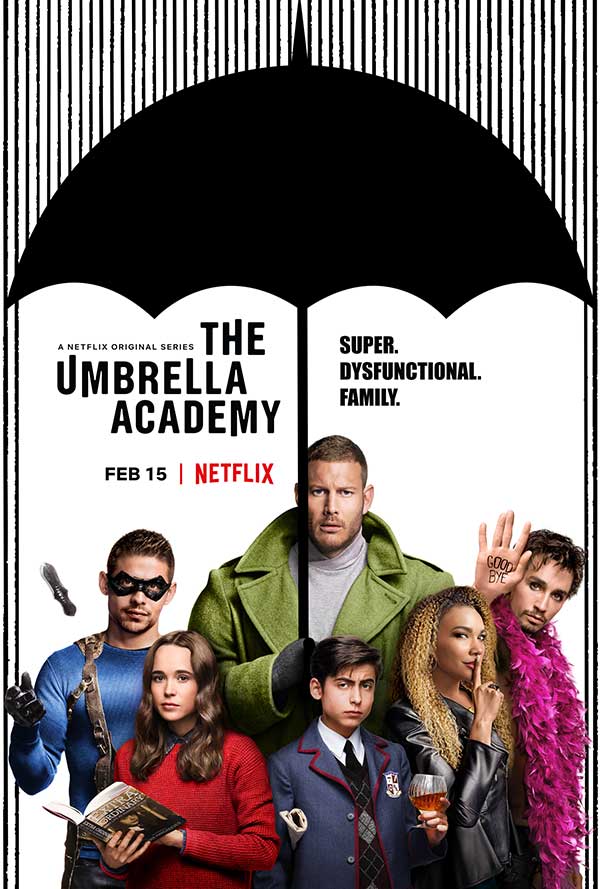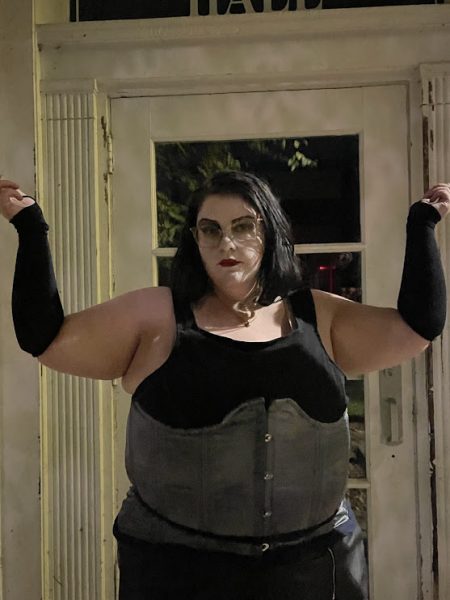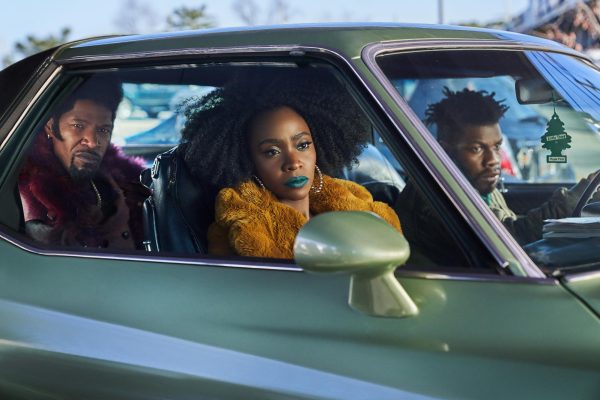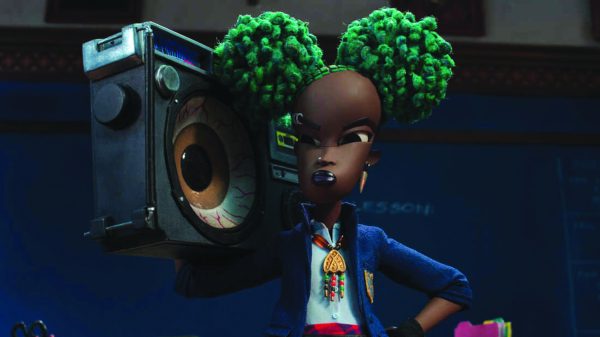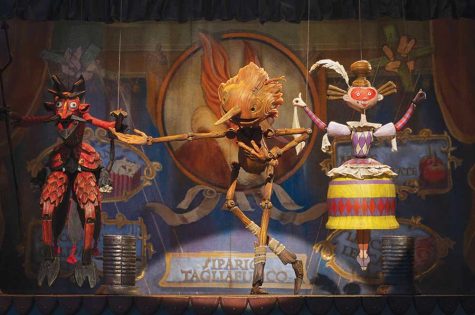Dysfunction works for “Umbrella Academy”
“Umbrella Academy” is a Netflix series based on the comic book by Gerard Way, the front man of alternative rock band My Chemical Romance. With the rise of comic book-inspired television anyone who hasn’t read the comic might pass up “Umbrella Academy” as just another show about a team of superheroes, a judgment that would result in them missing out on a show that adds fresh flavor to the overplayed genre.
The show begins in 1989, when women across the world instantly give birth to 43 super-powered babies though they weren’t pregnant moments before. Seven of these children are adopted by billionaire Reginald Hargreeves (Colm Feore) with the intention of forming a superhero team to protect the world from total destruction.
Viewers soon realize Reginald Hargreeves is no Professor Xavier. Unlike the father figure of the X-Men, the stern Hargreeves is cold, neglectful, and severely lacking in parental skills as he trains the team of children in a utilitarian fashion. This misguidance leads to the time traveling team member known as Number Five (Aidan Gallagher) running away into the future, the death of team member Ben (Justin H. Min), and the team’s ultimate split into separate adulthoods filled with unresolved childhood trauma and dysfunction.
The team is only reunited upon the death of Hargreeves, bringing with them all of the emotional baggage they have accumulated over the years. Things get even more interesting when a still young Number Five returns from the future to inform the team that the world is going to end, and they have to work as a team to stop Armageddon.
Umbrella Academy presents a flawed superhero team that is unlike anything fans of the genre have ever seen. Throughout the series the characters deal with real life problems such as addiction, LGBT issues, divorce, and depression. Unlike the X-men or the Avengers, the main characters in Umbrella Academy come off as real people despite the fact that they have super powers. Their own personal struggles are central to the story and act as hurdles they must overcome to work as a team and save the world. Even the shows villainous duo
Cha-Cha (Mary J. Blige) and Hazel (Cameron Britton) face their own issues and demons as they try to bring about the end of the world for the evil time-traveling corporation they work for. The show presents these conflicts with believable action and dialogue in a world of the unbelievable.
Despite having a very real feel “Umbrella Academy” falls short at times when it doesn’t explain some of the show’s major details such as how Ben died, or why the academy has a talking Chimpanzee butler named Pogo. Even the background of Reginald Hargreeves, which is an important part of the comic book series, only receives a few moments of screen time in the show, leaving the viewer with more questions than answers. Unlike the comic book, the Netflix version of “Umbrella Academy” relies heavily on the team’s adulthood and works backwards through a series of flashbacks, instead of telling the story chronologically. Although it’s apparent that this formula was adapted to present the audience with “ah-ha!” moments that tie the events together, it sometimes feels like more of an annoyance than a dramatic story reveal.
Despite its flaws, “Umbrella Academy” is a refreshing take on a tired genre, and viewers will have a hard time resisting the urge to binge-watch the entire first season. A moderate mix of action, adventure and drama will keep the viewer interested for all 10 episodes, and left wanting more.
Since a second season is seemingly in the works, showrunner Steve Blackman and writer Jeremy Slater might even have plans to answer a few unanswered questions that left hardcore fans a bit unsatisfied with season one.


